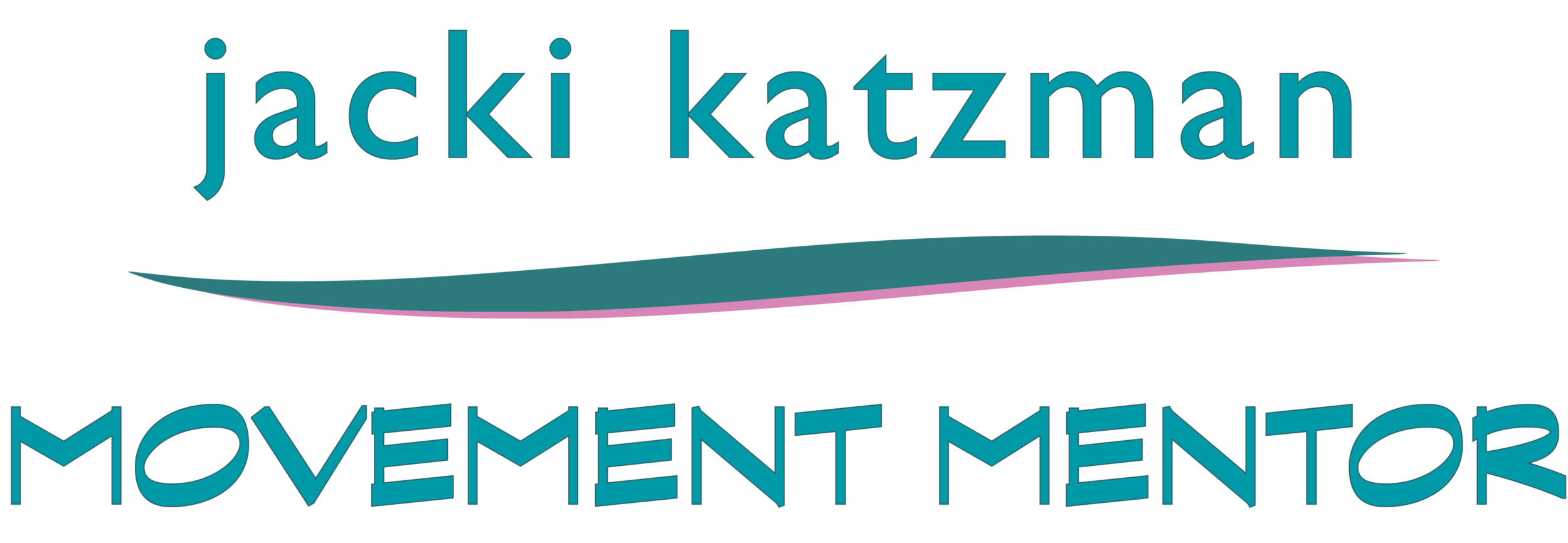Huberman Lab - On Movement with Ido Portal
Andrew Huberman and Ido Portal - How and Why We Move
“I’ll Do My Best Not To Answer Your Questions”
Ido Portal (idoportal.com), a movement teacher and expert on human movement, quotes Dr. Feldenkrais and frequently endorses the somatic education approach in this deep dive interview with Dr. Andrew Huberman. Portal has a global following, The Movement Culture;” they call themselves “The Tribe.”
Portal and Huberman riff on topics from the role of the nervous system and mind-body connection, to how to leverage movement to expand mental and physical skills. It’s a ranging 2.5 hour interview. Here are a few of the highlights of Ido Portal channeling Moshe, scraped from Podcastnotes.org:
We are not just a brain with a body, we are a body with a brain.
Movement is the entity that ties everything together – it’s the magic.
The idea is to find the balance between fun, play, and discomfort, strain – what you want to do versus what you need to do
Bring awareness to the fact that you are in a body, living in motion, and the mind and life are types of movement – nothing stops
The architecture of our body changes our experiences
Central orientation (swinging, running, jumping, throwing) is rarer than it used to be – we’ve decentralized our ancient patterns and use our fingertips and extremities more
The Ido Portal Method, a physical fitness practice, utilizes the practitioner’s own body weight and movements, rather than external weights and machines, to develop strength, agility, and flexibility. An Israeli, Ido is a student of Dr. Feldenkrais.
Ido has practiced Capoeira for 15 years. Ido does research in martial arts, gymnastics, movement systems, dancing, breathing and other sports and artistic expressions of movement. Source: everipedia.org
The mind and body are in motion when integrated properly – there are not purely physical or purely mental processes
Start with the eyes: the eyes are the entry point – we can adjust the aperture of our eyesight to adapt to focus; When eyes (not head) are up, the focus is increased; when eyes (not head) are lower, we go into calmer states
Practice panoramic vision: because our culture has pushed us to more narrowly focused states, we rarely use our panoramic vision – but in nature, we wouldn’t focus on a single leaf, we’d look at the tree
Discomfort is necessary to recognize you are in the right place. When it’s too high and you are unable to make progress, you went overboard.
Portal takes movement and fitness to an outside edge - eye candy confirms this. As another manifestation of Moshe’s work, it incorporates Moshe’s sense of integration, respect for the body and person, and fundamental application of science to the art of living.



